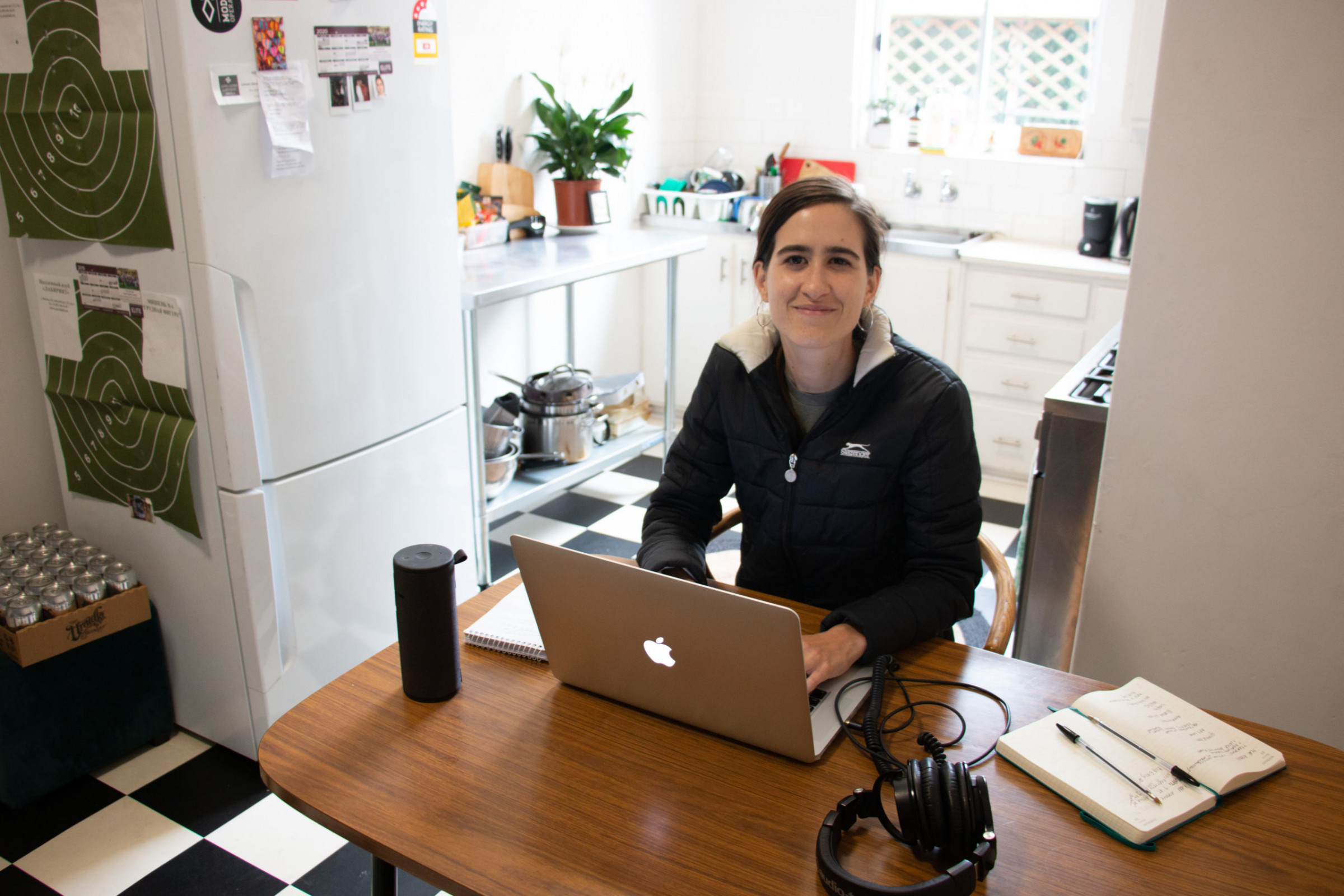'We miss you, hopefully we'll see you again soon'
Words and pictures: Angela Skujins
This is our city, just not as we know it. Beautiful weather contrasts with sad messages of farewell from our favourite businesses around town.
During the Second World War, between 1939 and 1945, entire towns in Europe were flattened. Bombs gutted buildings and beautiful, place-making architecture was decimated.
Rather than the physical architecture of Adelaide being obliterated, it is the public who have disappeared. As we limit social interactions and enter the uncertain and hopefully micro-era of COVID-19, CityMag is constantly reminded of the people and culture we could stand to lose due to the economic fallout of this pandemic.
Photographing the 5000 postcode on this day though we discover lone soldiers who continue to forge on despite the quiet carnage the coronavirus has wreaked on our social city. Adelaide is drenched in a feeling of unfinished businesses.
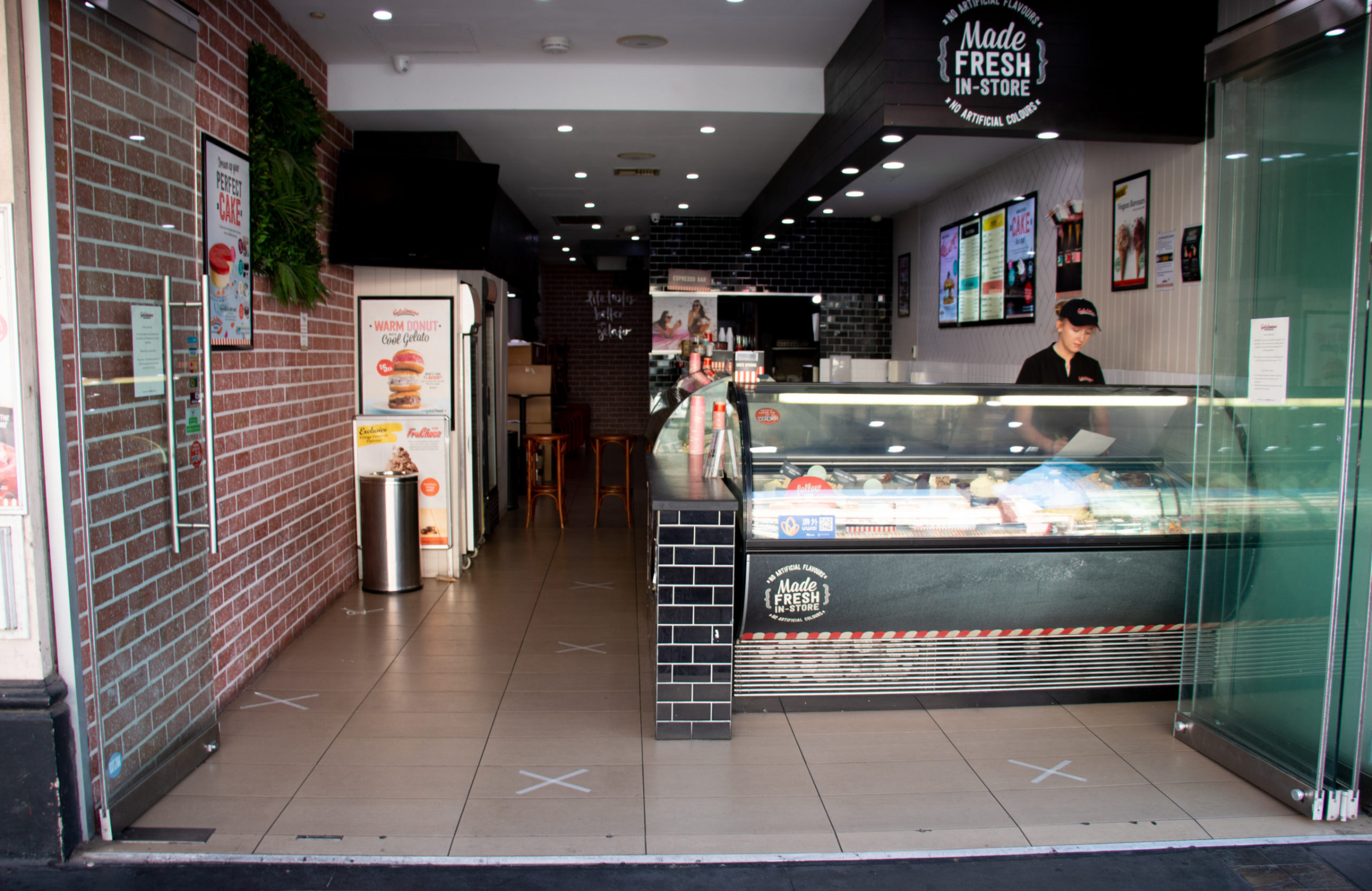
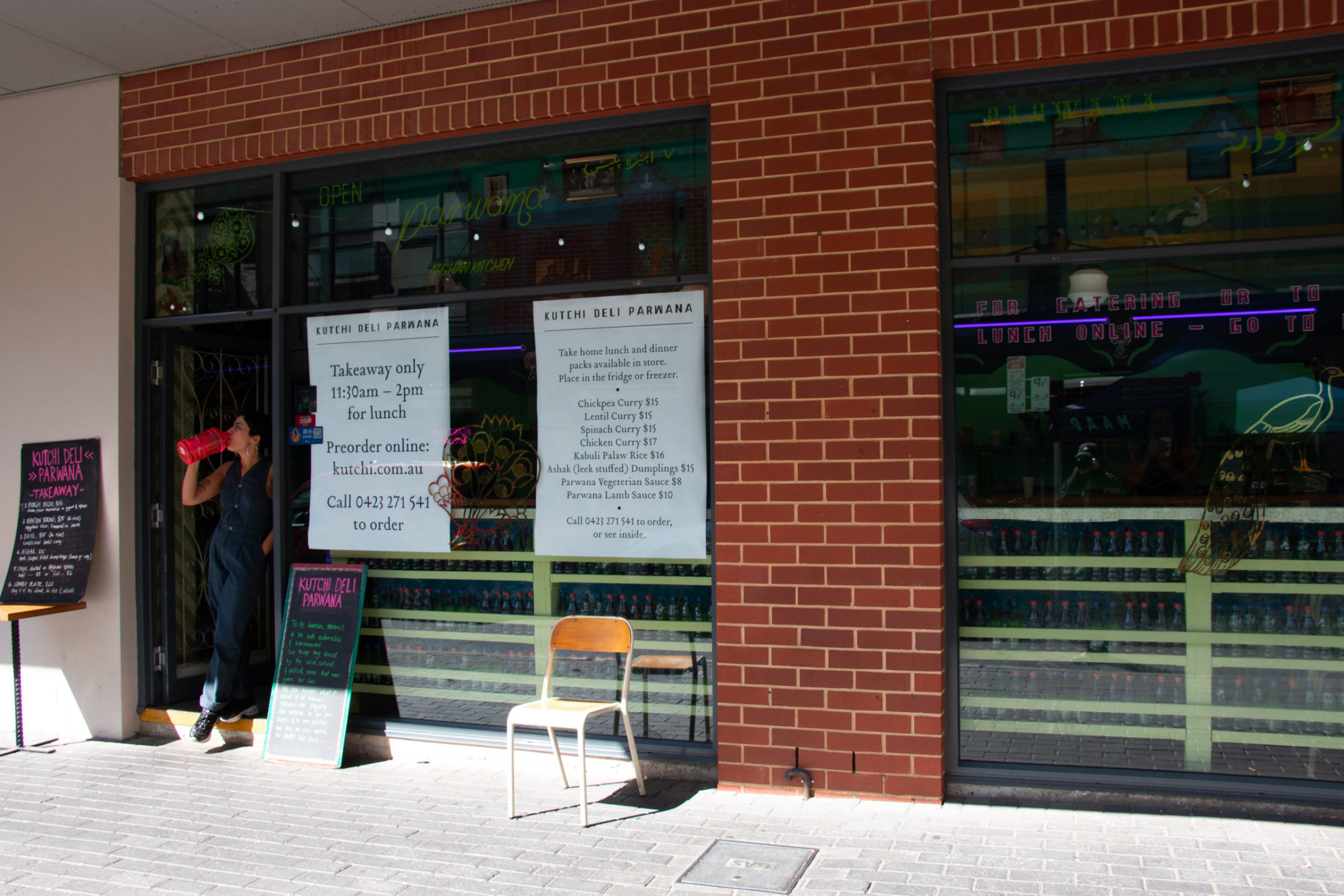
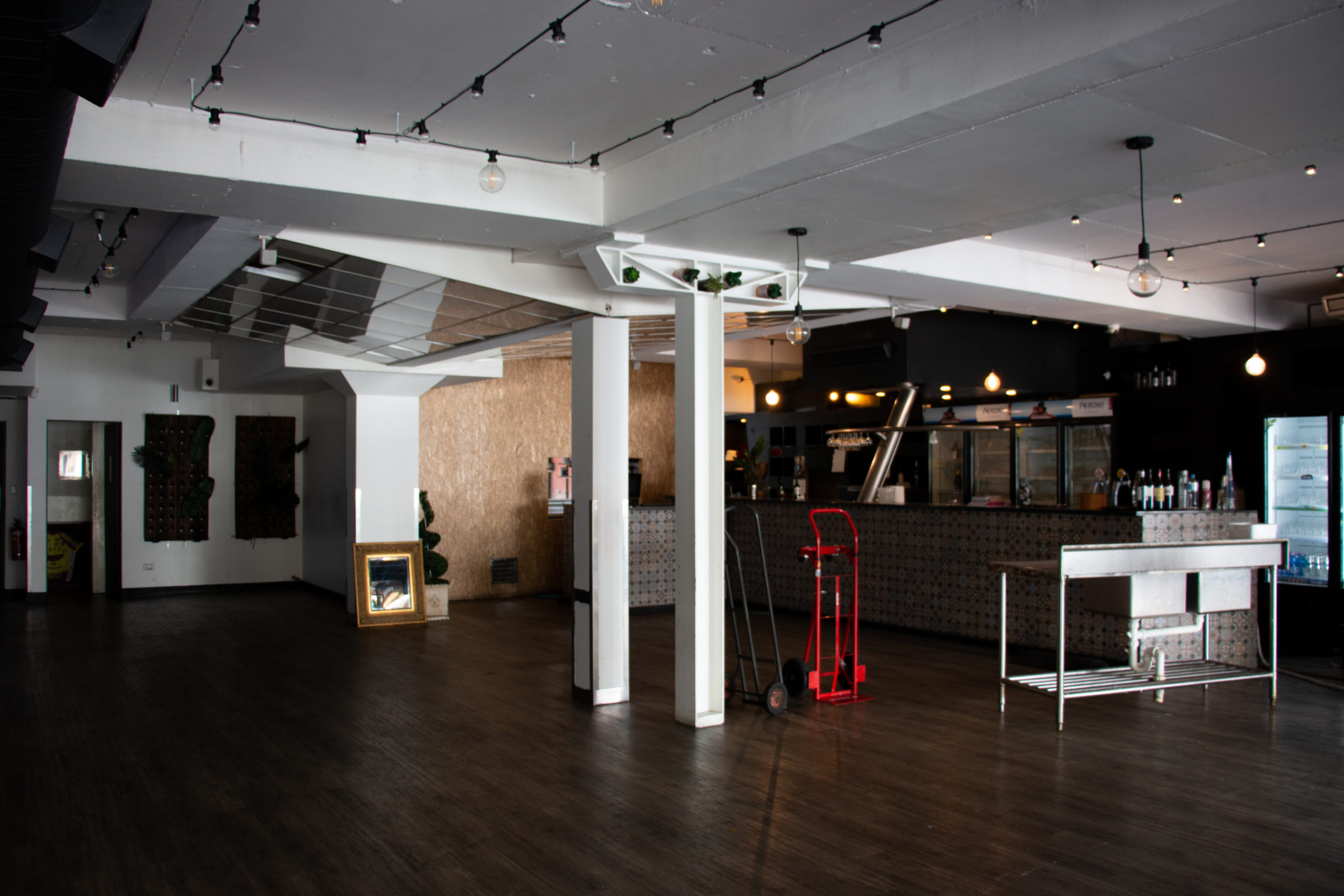
Above, employees wait to take orders or work– some say working is the best distraction right now – and a Rundle Street bar is devoid of customers but perhaps in the midst of a renovation. Below, there are some more strange scenes throughout the city.
Some of our favourite haunts have boarded up their doors and windows (we’re looking at you Africola, Leigh Street Wine Room and the Golden Wattle), giving-off a slightly apocalyptic feel but readying themselves to get to the other side.
Whereas others plastered signs on windows and tables, often with polite and often heartfelt messages, to provide context and help promote self-isolation between customers.
Unsurprisingly the Crown and Anchor signed off the situation with: “We’ll miss you, hopefully we’ll see you again soon, love, the Cranker,” but we know all the city’s business proprietors are feeling the same: a mixture of devotion to their customers and hope for the other side.



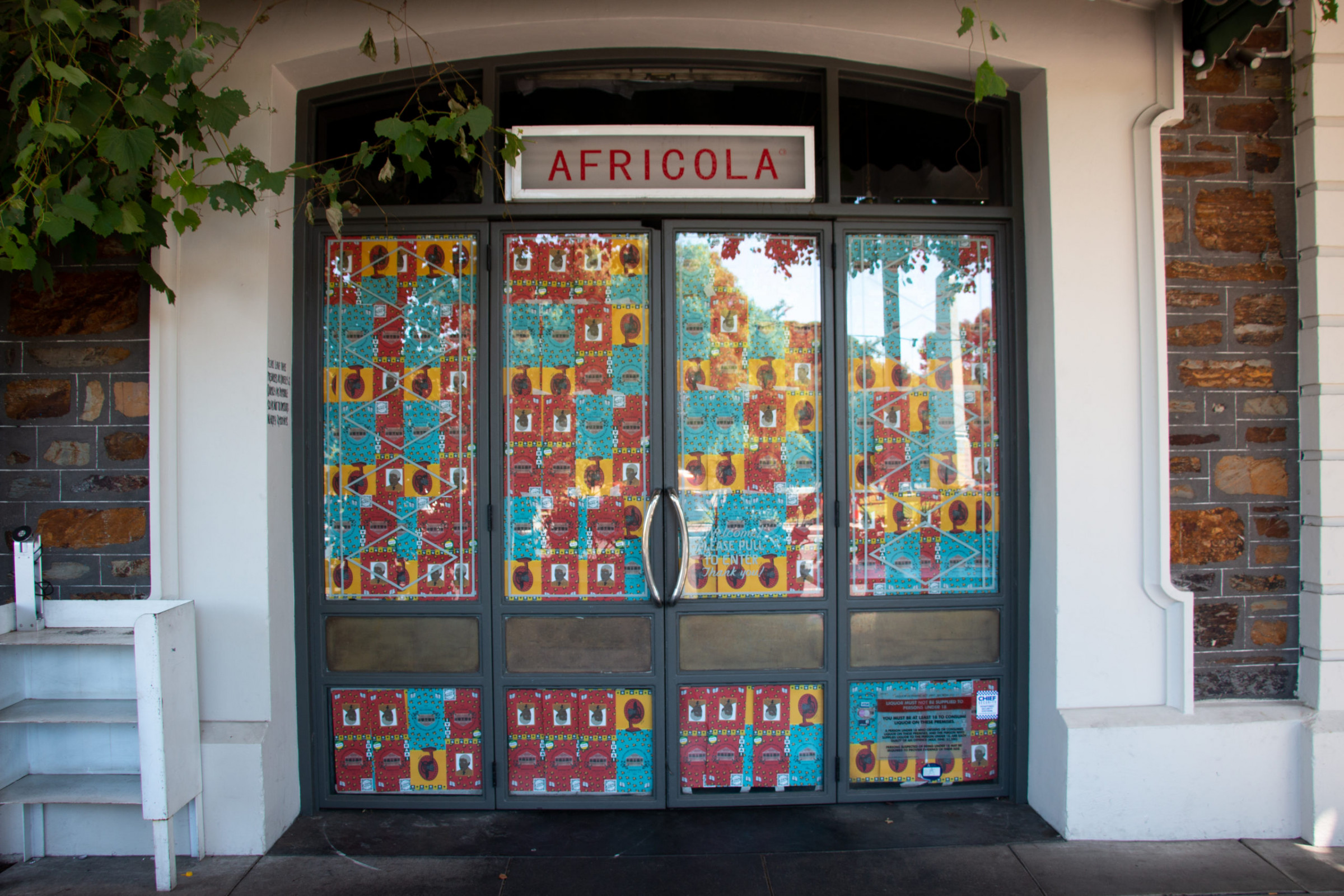


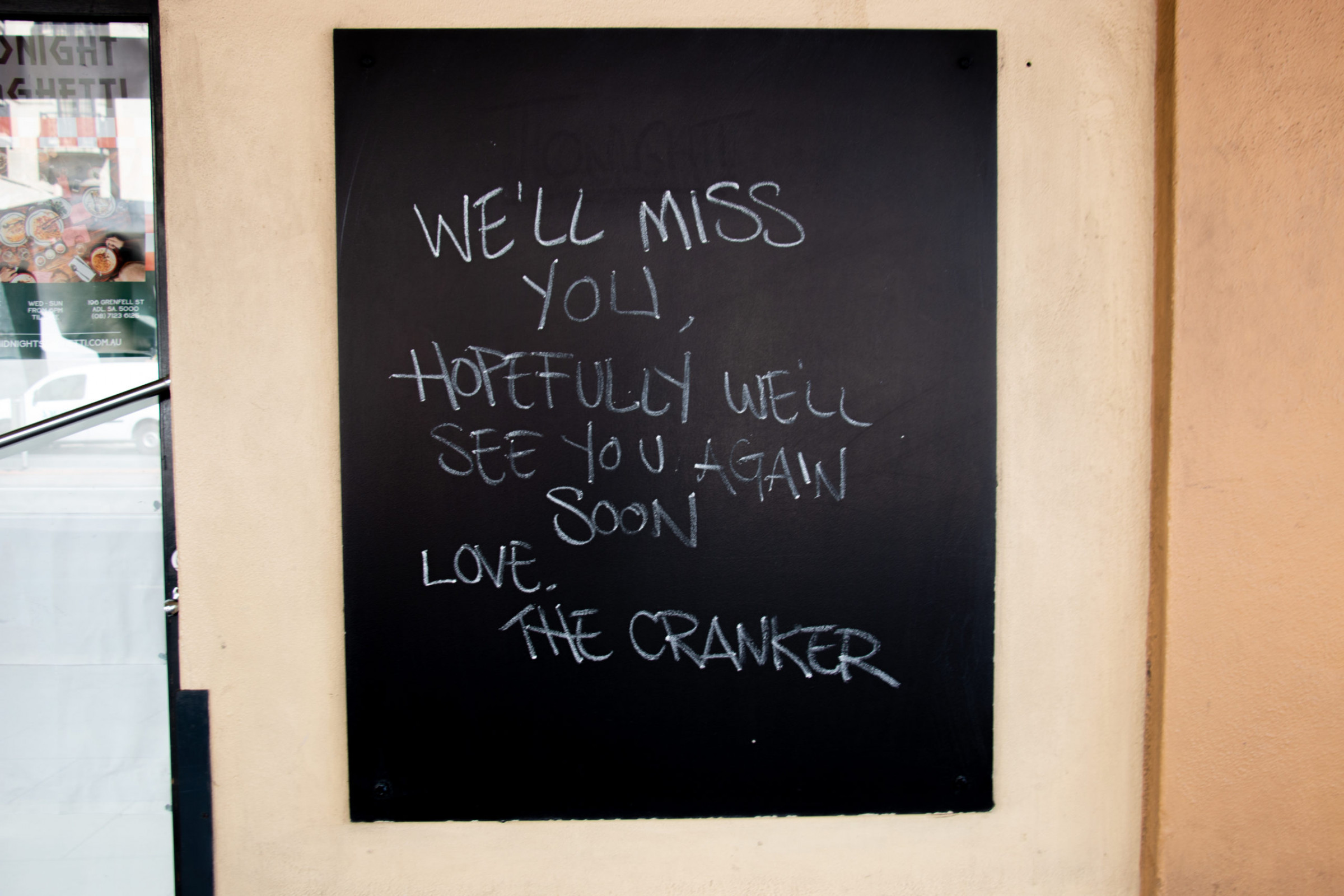
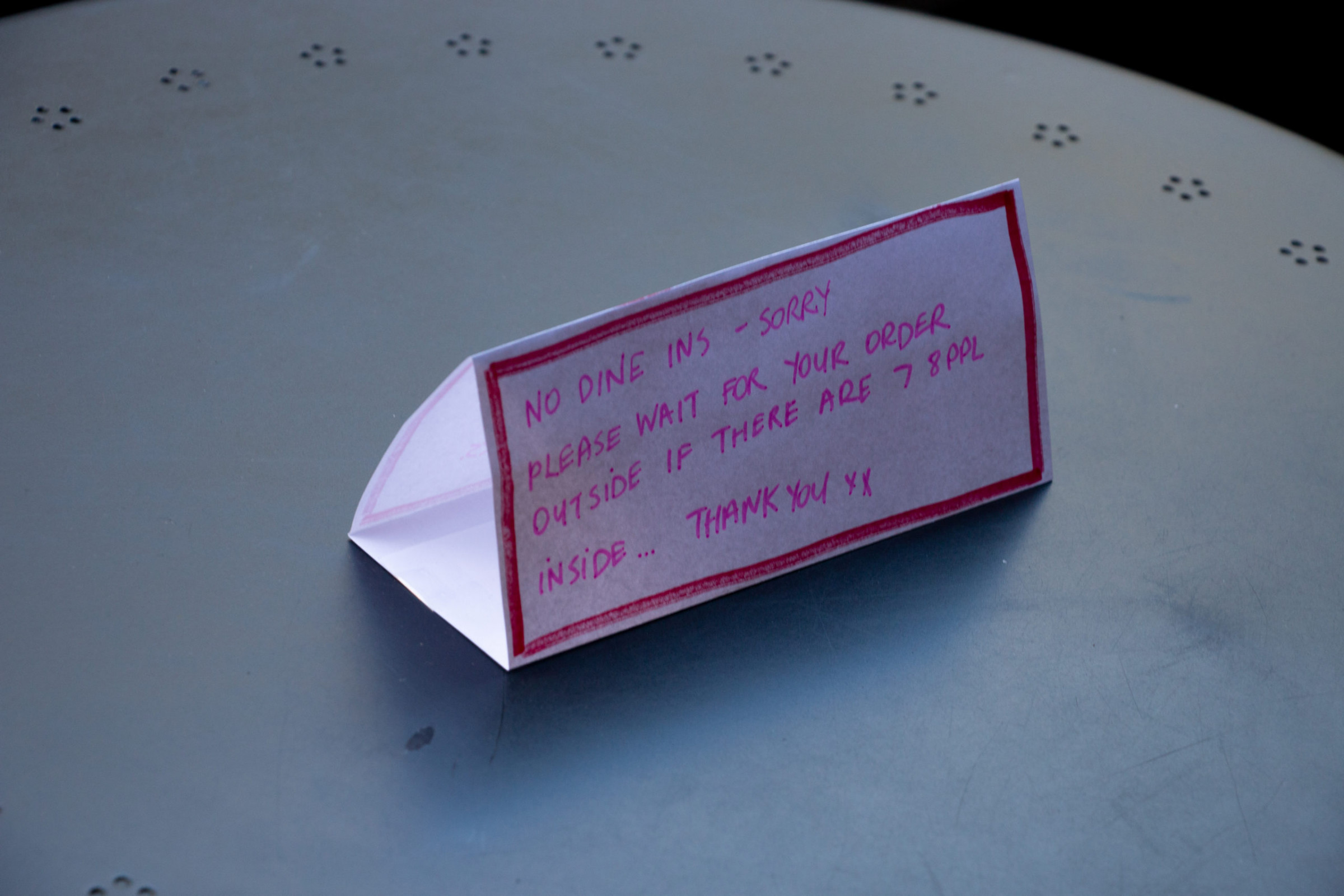
Despite the fear, and an abundance of parking spaces and seats in the Adelaide Market Plaza Food Court , there are still people out and about within the city. As this journalist prowled the streets with a camera and pressed the pedestrian crossing button with an elbow, a stranger yelled from across the way that the lights were on an automatic timer. (Thanks, Adelaide City Council for lessening the risk of germ contamination.)
This exchange proves the city never stops, and neither do the mechanisms tethering those who exist within it to its nervous system.
Patrons using the most of the public seating outside, despite the ban on dine-in service, is exemplary of the city’s systems.


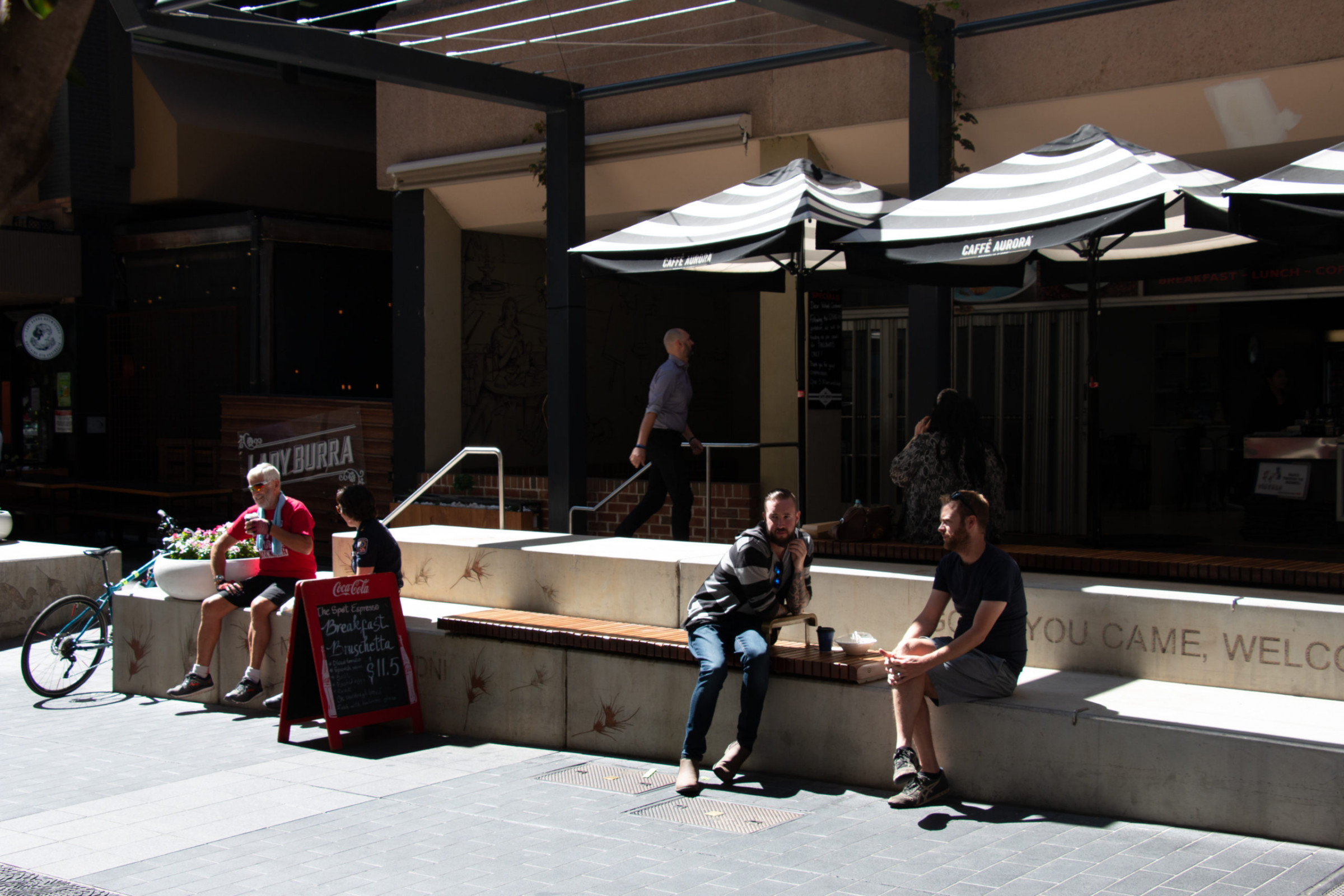
Although the shutters have rolled down and chalkboard specials have been wiped clean, the infantry and leaders of Adelaide’s hospitality efforts will recover from the crisis.
__
